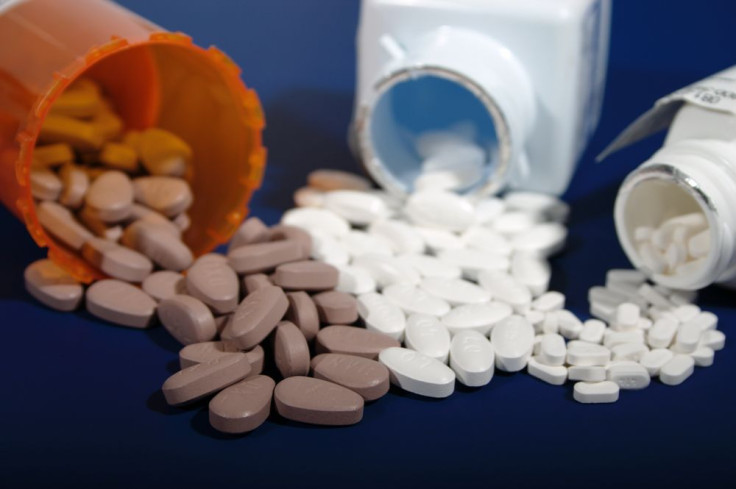Statin Alternative Bempedoic Acid Cuts Down Heart Attack Risk By 39%: Study

Statin is one of the most common medications prescribed for high cholesterol. However, more than 20% of people cannot tolerate statins. It is still important for people intolerant to statins to take alternative medication to reduce deaths from heart disease.
A new study, published in the journal Jama, suggests that bempedoic acid, an alternative to statin, can bring a 39% reduction in deaths from heart diseases and heart attacks.
Many people who are prescribed statins stop the medications due to side effects such as muscle pain, headaches, sleep problems, elevation in the blood levels of creatine kinase and digestive problems.
According to Dr. Steven Nissen, a Cleveland Clinic cardiologist who led the new research, less than half of the cholesterol patients at high risk of heart attacks are not taking appropriate medication.
"What we saw really surprised me. I think this is a wake-up call to the medical community and to patients that people who have high cholesterol and risk factors need to be treated," Nissen said.
The latest study evaluated 4,206 patients with high cholesterol, diabetes and hypertension who are intolerant to statins for three years.
After six months of the trial, participants who received a daily dose of bempedoic acid showed a 23.2% reduction in LDL (low-density lipoprotein) cholesterol and a 22.7% decrease in inflammation in the blood associated with heart and stroke risk.
The findings suggest that the participants who took bempedoic acid are 39% less likely to suffer heart attacks and die from heart disease compared to those who took placebo treatment. The combined risk of death from a heart attack or a stroke was also reduced to 36% in patients on bempedoic acid treatment.
However, researchers said statin will remain the first-line choice for treating cholesterol as bempedoic acid medications are more expensive and need further studies to confirm their safety and effectiveness.
"Statins will remain the mainstay of this therapy due to the immense body of data in support of statin treatment on cardiovascular outcome reduction as well as the effectiveness of cholesterol-lowering, which can be less than a 50% reduction using the highest intensity statin-dose choices," Dr. Wesley Milks, a cardiologist at the Ohio State University Wexner Medical Center in Columbus, told Healthline.
Published by Medicaldaily.com



























